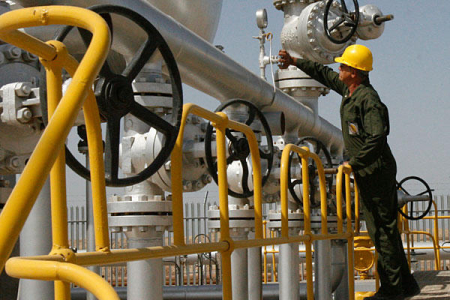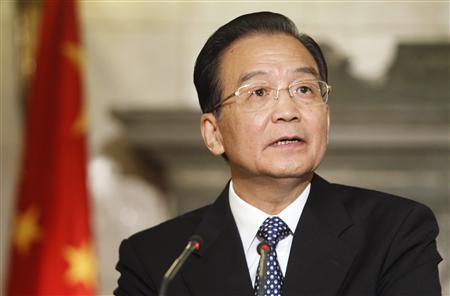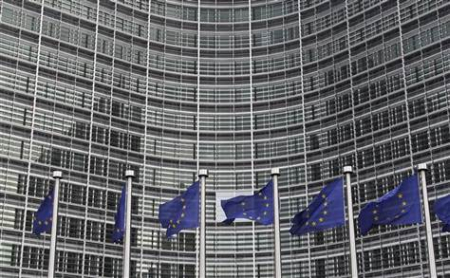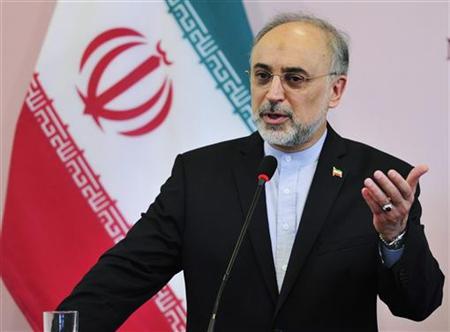
Both India and China have already rejected the US' sanctions move, with foreign secretary Ranjan Mathai emphasising that India would only accept United Nations' sanctions and Chinese premier Wen Jiabao insisting the oil trade not be linked to political ends.
But Delhi is also plotting how not to upset the Americans, its most valuable ally, while protecting its large oil requirements from Iran, worth 12 per cent of the country's total oil imports.
...

One idea is to have the Central Bank of Iran open an account in UCO Bank, which has no financial links with the US, through which payments to Iran can be made.
But since Iran will only lift a certain amount of rupees in return for its sales, and since talks with Russia's Gazprombank to act as third-party intermediary are still ongoing, officials say India will likely end by reducing exposure to Iranian crude and move its oil dependence to Saudi Arabia.
India, in fact, looks like it will go the China and Japan way in dealing with the Iran crisis: Refuse to bow to US pressure in public, but privately look for ways to reduce exposure to Iran, thereby enabling the US president to give these countries a waiver under his domestic sanctions law.
...

The Chinese have already moved in that direction. As Wen Jiabao was asserting his country's economic independence through his tour of the Arab world last week, his also country slashed its oil purchases from Iran to half of what it had bought in January 2011.
According to the oil trade newsletter, Foreign Reports, China reduced its oil purchase to 285,000 barrels per day from 550,000 barrels per day in January, though December's purchases from Iran were 30 per cent higher than what it had been a year before.
It seems China ordered the cut - even as Wen Jiabao was warming up to Arab sheikhs in Qatar and Saudi Arabia - because Iran refused to give it much of a discount on sales, amounting to a mere 50 cents per barrel.
Click NEXT to read...

According to Foreign Reports, the Iranians feared that if they gave in to the Chinese, other countries like India and Japan would follow.
Note, in fact, what Wen said when he returned from his six-day Arab tour.
As he rejected US demands that Iran be punished for its oil trade - and ignored American sanctions on the state-run Zhuhai Zhenrong Corp, said to be Iran's largest supplier of refined petroleum products - he also showed solidarity with the US in his open criticism of Iran's nuclear programme.
...

"China adamantly opposes Iran developing and possessing nuclear weapons," Wen said, warning Iran that any impending closure of the Straits of Hormuz, an important geographical choke-point through which 30 per cent of the world's oil supplies pass, could have serious consequences.
Significantly, the Chinese premier used his Arab tour to position China on both sides of the argument. In pro-US Qatar, Wen came out in favour of not linking trade with politics, telling a news conference that Iran's oil trade constituted normal trading activity.
"Legitimate trade should be protected, otherwise the world economic order will fall into turmoil," he said.
...

Onwards in Riyadh, Wen signed a $10-billion agreement to construct an oil refinery in Yanbu, a Shia-dominated part of Saudi Arabia.
Meanwhile, the Saudis have announced they are willing to pump an additional two million barrels a day - and along with Iraq and Libya, now preparing to pump a million barrels every day - promise to compensate for the 2.2 million barrels per day Iran sells to its international customers, so that the price of oil could be maintained at $100 per barrel.
Saudi Arabia is the largest oil supplier for both India and China. China is also the largest buyer of Iranian oil, followed by India and Japan.
...

Japan, whose dependence on energy from North Africa/West Asia has become much greater since the Fukishima nuclear plant disaster, has promised US officials that it would reduce exposure to Iranian crude in return for a waiver from the sanctions.
Both Japan and India, increasingly close allies, hope that if they show both intent and action in reducing their relationship with Iran, the US president will be persuaded to issue them a waiver on trade with Iran.
...

Meanwhile, the European Union's foreign ministers are meeting in Brussels to formalise their total trade embargo with Iran, having persuaded countries like Greece and Italy to fall in line, even as they seek to protect Iran's debts worth ٪.2 billion to the EU.
The EU is hoping to persuade India to see the light as well, with Germany's national security adviser, Christoph Huesgen, raising the subject in his meetings with Indian counterpart Shivshanker Menon about 10 days before.
Huesgen and Menon know each other well not only because of Menon's presence at Munich's well-known annual security conference, but also because they constantly confer over positions they must take as current members of the Security Council.
...

Still, it isn't as if both sides have hardened their positions to such an extent that they are not willing to talk. According to the Washington Post, a back-channel between the US and Iran is already on track.
In Turkey last week, Iranian foreign minister Ali Akbar Salehi told a TV interviewer that, "Iran has never in its history tried to prevent, to put any obstacles in the way of this important maritime route".
He was referring to a possible compromise over the Straits of Hormuz, which Iran had earlier threatened to block if the US went ahead with its sanctions. The Americans are probably not taking the bait yet, but at least some things are now clear: There's some way to go before Iran's oil trade reaches a flashpoint.